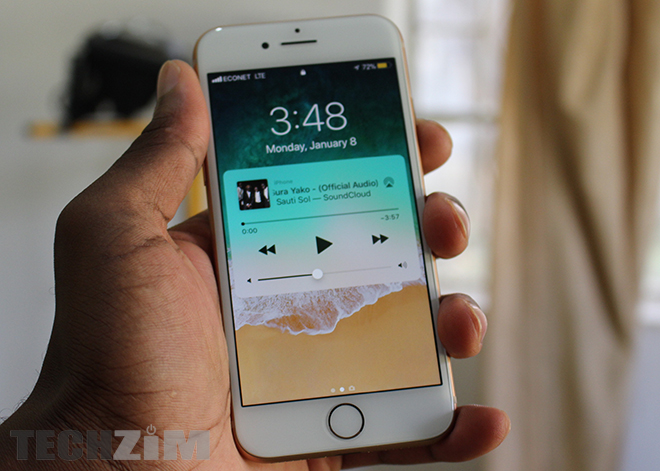We have been told that software degrades over time, indeed it does and we will explore that a little more in a future article. We have also been told that hardware degrades over time too, none of us needs convincing on this one.
The above thus explain why our phones slow down over time, right? We have all experienced our phones becoming sluggish over time.
This happens to a crazy degree in budget phones, maybe because of the cheaper hardware used, the lack of software support, app compatibility issues etc.
When the same slowdowns were observed to an insane degree in older iPhones the world took notice. Something seemed fishy about the whole affair and lawsuits were lodged against Apple and what do you know, the smelly fish was found.
Batterygate
Apple admitted to slowing down certain iPhone models. Oh it was a field day for some of us in the conspiracy theory world. “Planned obsolescence is alive!” – we screamed to all who would listen and even to those who wouldn’t.
iPhone users in 2017 discovered a hidden iOS power management setting that slowed down their phones as batteries aged, raising concerns about device longevity and manufacturer control.
“Do we need further proof that Apple slows down old iPhones to force users to purchase new device,” we quipped.
The iPhone 6, 6 Plus, 6S, 6S Plus and SE running iOS 12.2.1 or later, as well as the iPhone 7 and 7 Plus if they were running iOS 11.2 or later before Dec. 21, 2017 were the affected models.
To be fair, it does make sense that Apple would do this to “address potential power management issues and prevent unexpected device shutdowns,” as they said. All this to combat degraded batteries.
However, they didn’t tell anyone that they had done this. So, users, frustrated with slow devices, resorted to buying new phones — unaware that a simple battery swap could have solved their problems.
The $500m settlement
Apple maintains their innocence but they can tell themselves whatever they need to sleep at night, they will still need to pay $500 million to affected users.
It took some time but Apple has started making the payments. The settlement agreement required the company pay owners of certain iPhone models $25 per device.
Some users have reported getting $92.17 though. Which is great.
Do note that you needed to be a US citizen and to join the class action lawsuit by October 2020 to be eligible.
So, while you likely won’t be getting a pay out, you can rest easy knowing that you were right in feeling that Apple was swindling you. You were right in thinking these phone manufacturers sometimes slow our phones down to force us to upgrade.
Internationally, Apple was fined in some countries but I’m not aware of any class action lawsuits you can join.

One response
This is tuck money for them 😄 They’ll only care if there’s a round 2 in EU (if it didn’t happen already), maybe. Those guys can be vindictive when it comes to punishments!
The technical reason for the action made sense to me eventually. Had I been an iPhone owner, I also would have picked a slow phone over a fainting phone but people weren’t given the choice, let alone notice. At least between the battery replacements and this settlement, apple learned a valuable lesson in communication. They also learned locking down the battery replacements market by serialising batteries could make them a few extra bucks down the line. Win some lose some 🤷🏿